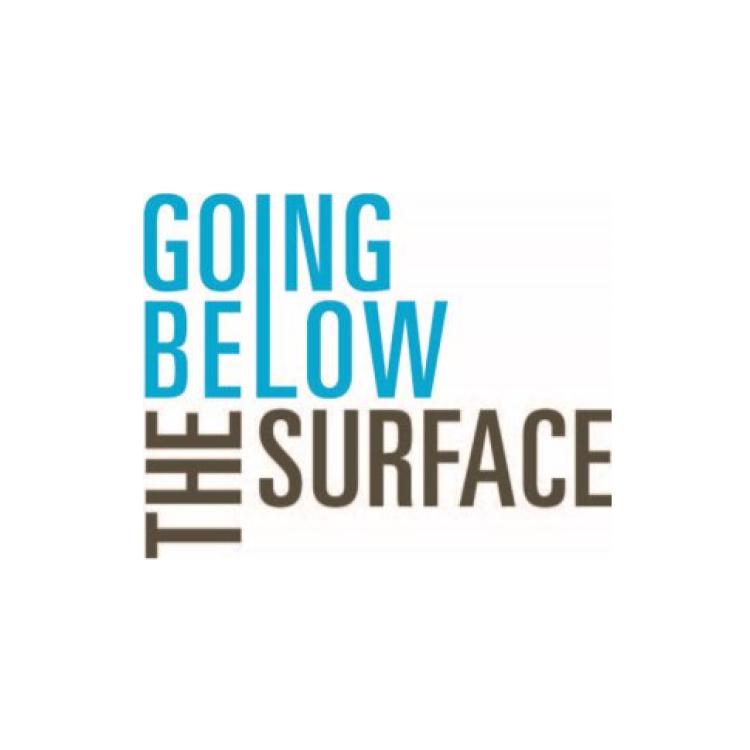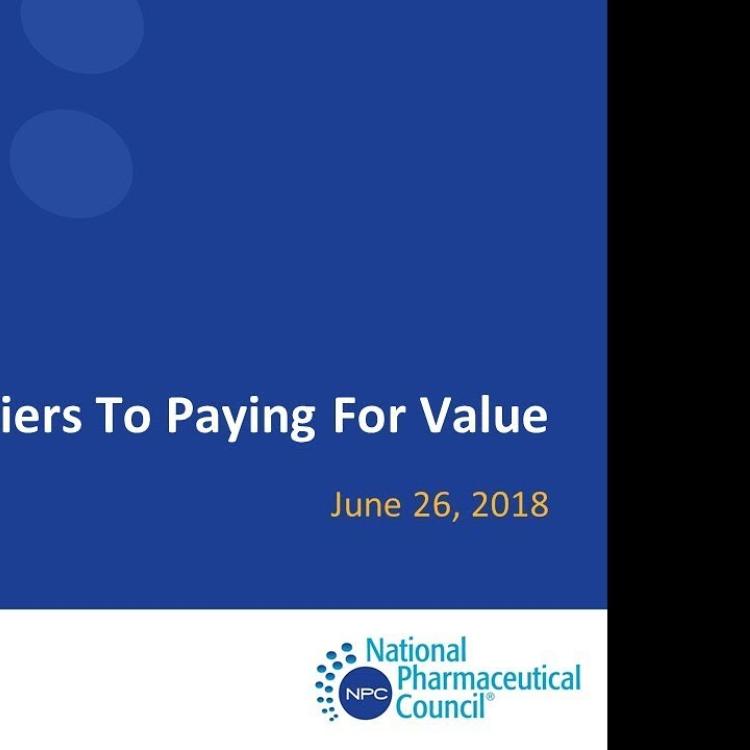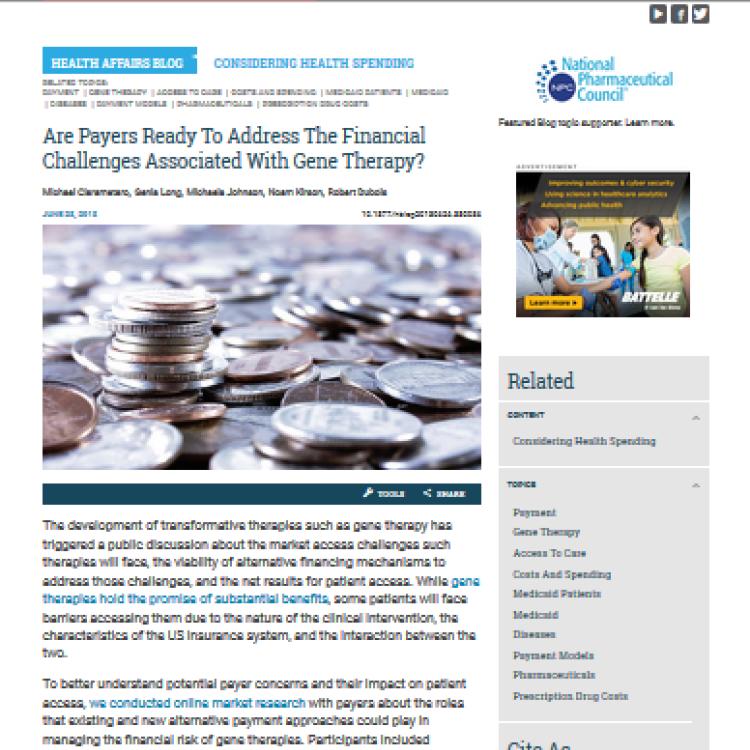Resources
The National Pharmaceutical Council (NPC) is a health policy research organization dedicated to the advancement of good evidence and science, and to fostering an environment in the United States that supports medical innovation.
Filter by:
Topic
Topic
- Accountable Care Organizations
- Alternative Payment Models
- Biopharmaceutical Innovation
- Bundled Payments
- Clinical Pathways
- Decision Frameworks
- Elements of Value
- Evidence for Decision Making
- Formulary/Benefit Design
- Formulary Development
- Good Practices for Evidence
- Health Care Quality Measures
- Health Spending
- Health Spend Management
- High-Deductible Health Plans
- Impact on Outcome & Spending
- Individual Treatment Effects & Personalized Access
- IRA Implementation
- Low-Value Care
- Pandemic Response
- Patient Cost Sharing
- Paying for Cures
- Pharmacy Benefit Managers (PBMs)
- Policy & Regulatory Barriers
- Real-World Data
- Real-World Evidence
- Regulatory Barriers & Challenges
- Understanding Health Spending
- Utilization Management & Step Therapy
- Value-Based Contracts
- Value-Based Insurance Design
- Value Assessment
- Value Assessment Frameworks
- Value Assessment Methods
Resource Type
Display Only
Showing 1216 Results
NPC in STAT: Paying for Curative Therapies: Our Challenges in Addressing Medicine’s Solutions
In a commentary published in STAT, National Pharmaceutical Council Executive Vice President and Chief Science Officer Robert Dubois, MD, PhD, outlines some creative thinking behind how we could…
Going Below the Surface E-newsletter: July 2018
In this issue, we explore spending on end of life care and Medicare and Medicaid spending.
NPC in Specialty Pharmacy Times: Going Below the Headlines on Health Spending in Four Steps
In his latest commentary for Specialty Pharmacy Times, NPC President Dan Leonard offers four suggestions to reconsider how we assess, analyze and apply the evidence and data around health spending to…
Controlling Health Care Costs Means Confronting Misconceptions
The only way that we can begin to reduce overspending on health care is if we base decisions on what the evidence indicates.
National Pharmaceutical Council and Anthem Support Health Affairs in Launching New Council on Health Care Spending and Value
NPC launched a broader stakeholder initiative funding research and supporting a series of papers and blog posts in Health Affairs last December. It is in service of this broader mission that NPC,…
Study of U.S. Commercial Health Plans Shows Widespread Variation in Coverage and Reimbursement for Specialty Medicines
Research published in Health Affairs shows that insurance coverage and reimbursement for specialty medications varies substantially, finding that only 15.9% of drug coverage policies were consistent…
Restrictions, Variations in Specialty Drug Coverage May Affect Physician and Patient Choices
According to a study from the Center for the Evaluation of Value and Risk in Health at Tufts Medical Center and NPC, coverage of specialty medicines by major U.S. commercial health plans varies…
NPC in Morning Consult: Does High Return Call for Greater Investment?
In his latest commentary for Morning Consult, NPC Chief Science Officer Robert W. Dubois explores new research that sheds light on which types of medical care have provided the greatest overall…
Are Payers Ready to Address the Financial Challenges Associated with Gene Therapy?
NPC and the Analysis Group conducted market research to explore payer views of the potential roles that existing and new alternative payment approaches could play in managing the financial risk and…
Are Payers Ready to Address the Financial Challenges Associated with Gene Therapy?
An article published on the Health Affairs Blog explores the tensions with paying for gene therapies via online market research with payers and highlights a few proposals to address these concerns.
The Effect of Medical Technology Innovations on Patient Outcomes, 1990-2015: Results of a Physician Survey
A survey published in the Journal of Managed Care & Specialty Pharmacy of U.S. physicians provides insight on their perceptions regarding which medical innovation has impacted outcomes the most…










